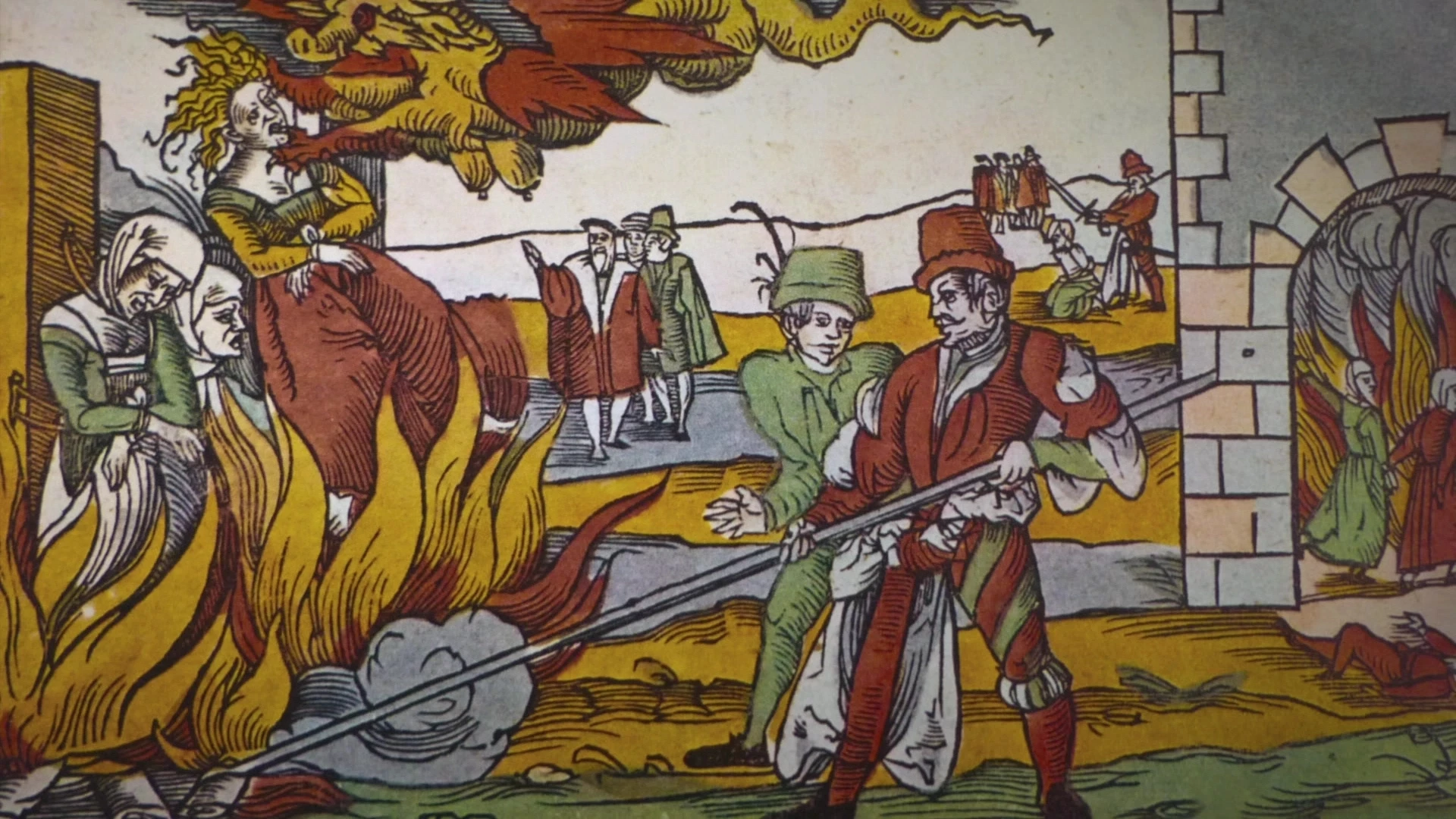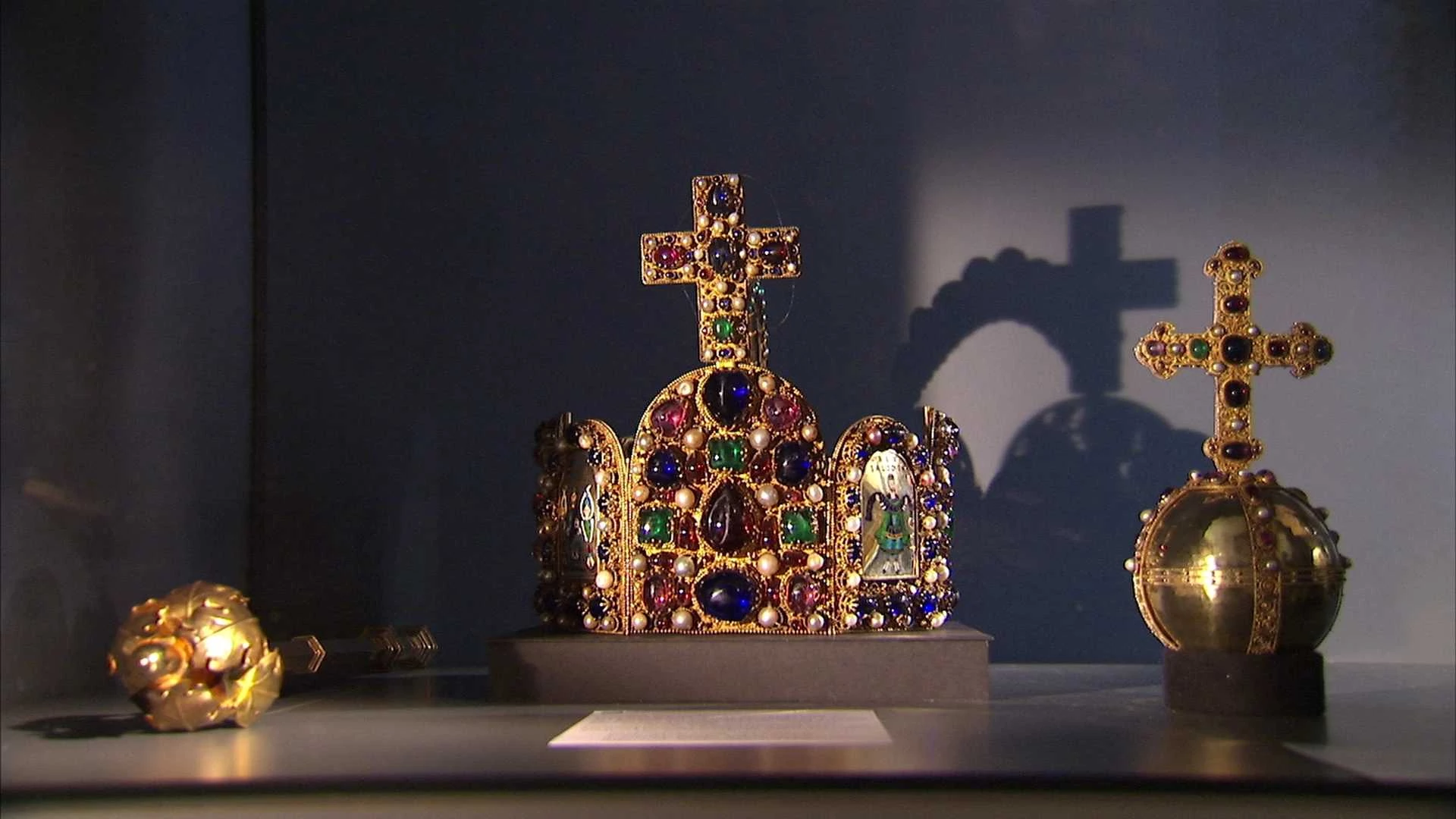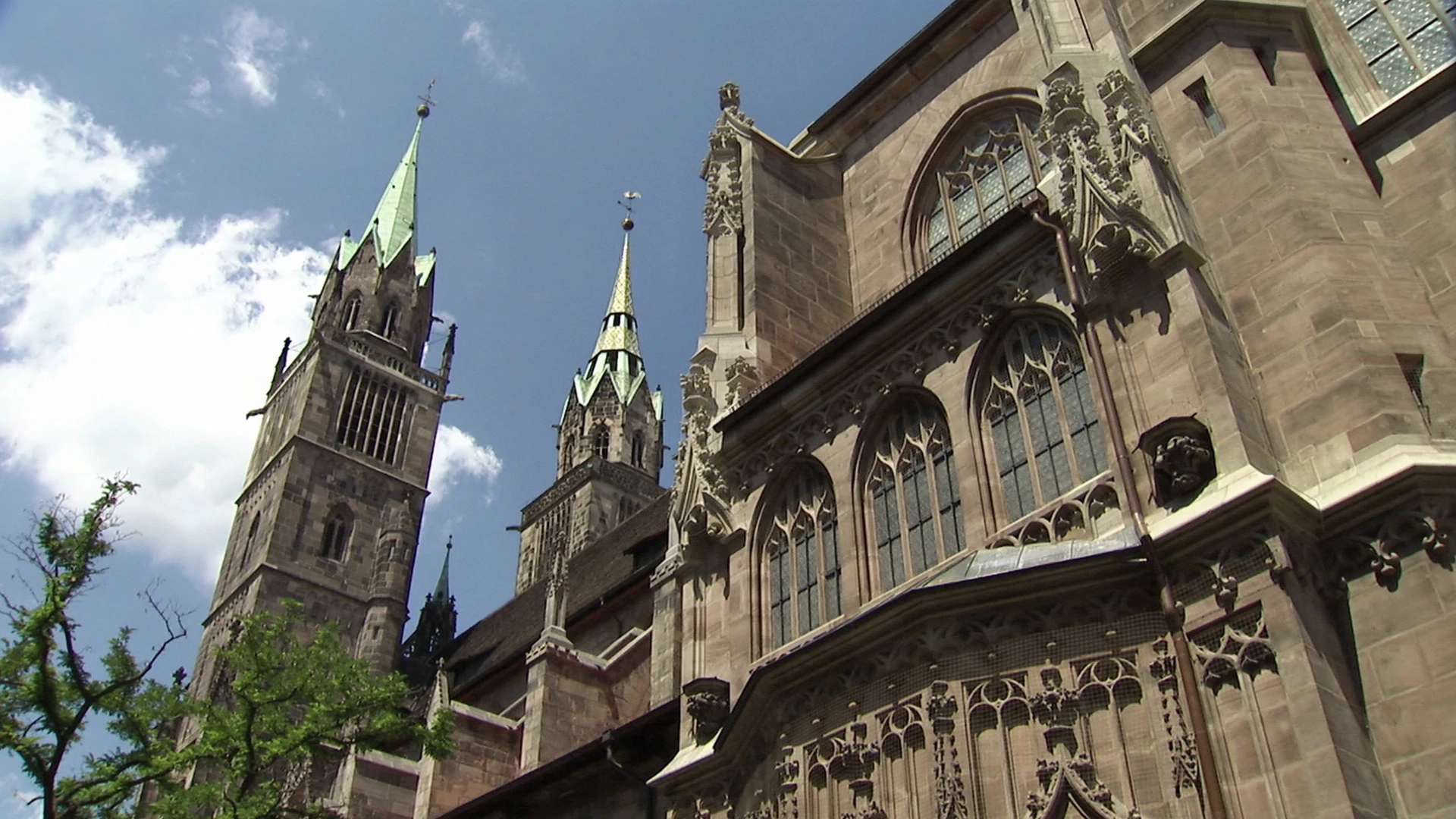Frühe Neuzeit | Reformation
The Reformation in Europe
By 1500, there is already growing unrest within European Christendom. Many of the faithful are longing for change, for the “Reformation” of their Church - the Catholic Church. Far too great is the contrast between that which the pastorate preaches and the actual life of the popes, bishops, priests, monks and nuns - all too often characterised by extravagance and a lust for power. One man complains about these grievances louder than the rest: Martin Luther. His wake-up call will change Europe. With him begins the long-desired Reformation - and the schism in the Church.
mehr
weniger
Vatican, Rome, Pope, Alexander VI, pastoral care, wealth, abuse of power, anti-clericism, criticism of the Church, indulgences, faithful, salvation, purgatory, hell, Martin Luther, Wittenberg, Holy Scripture, Bible, new doctrines, Papal Church, priesthood, Ulrich Zwingli, Zurich, indulgence trade, spiritual order, community, godly, virtuous, iconoclastic controversy, Holy Communion, Johannes Calvin, Calvinism, church reform, church discipline, penalties, sanctions, dissenters, adult baptism, common property, non-violence, New Jerusalem, prophecy, Messiah, Anabaptist monarchy, polygamy, Jan van Leiden, siege, reign of terror, emergency, God’s chosen people, Prince-Bishop, God’s Kingdom, Copenhagen, Denmark, Christian III, king, protestants, Protestantism, ecclesiastical order, London, Henry VIII, heir to the throne, Parliament, Book of Common Prayer, Church of England, Anglican church, dissolution of the monasteries, tracts of land, propaganda, Word of God, Catholic Church, Catholics, Protestant Church, Protestants, religious contention, Europe, heresy, inquisition, Council of Trent, reforms, Catholic doctrine, Counter-Reformation, new media, catechism, profession of faith, Jesuits, Society of Jesus, France, Huguenots, blood wedding, St. Bartholomew’s Day Massacre
Geeignet für die Fächer:
Geschichte


